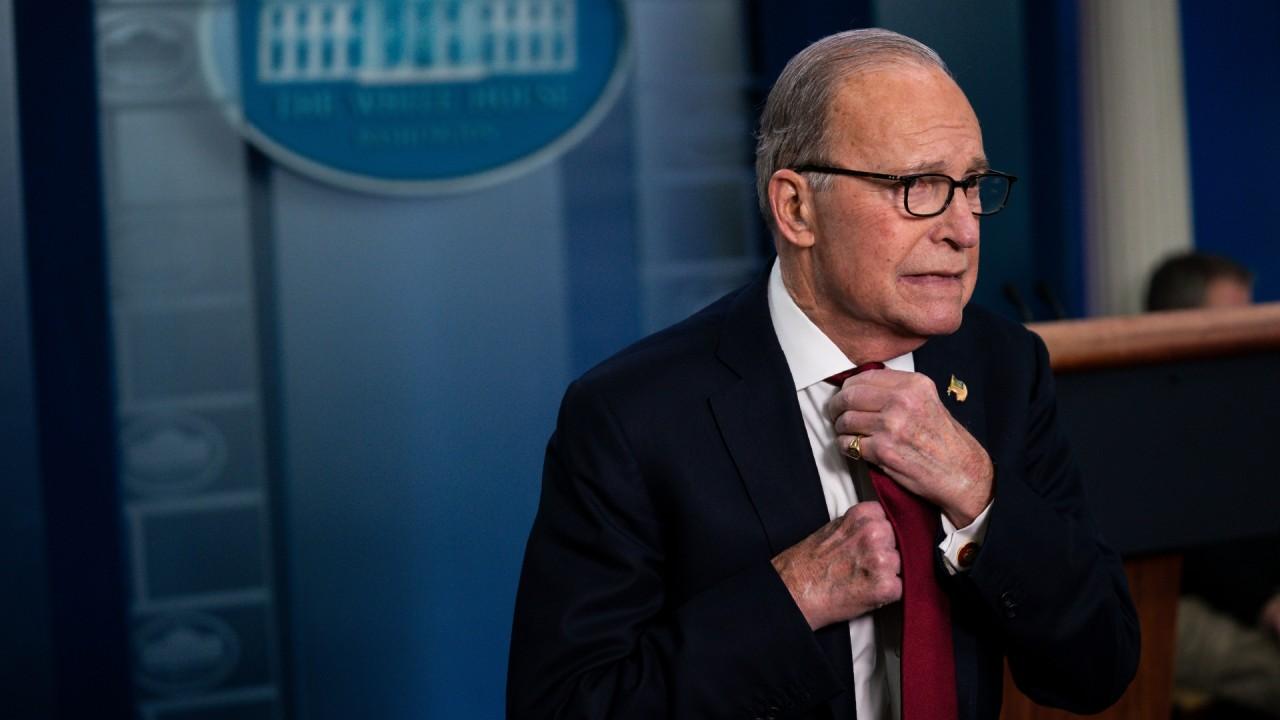What Trump’s payroll tax cut would mean for your wallet
If Trump were to pass a payroll tax cut, he would not be the first president to do so
President Trump floated the possibility of working with Congress to cut payroll taxes to address economic fallout from the coronavirus outbreak after the worst stock market drop in more than a decade.
Trying to calm fears ignited over the coronavirus and exacerbated by an oil price war between Saudi Arabia and Russia, Trump said he was seeking “very substantial relief” to the payroll tax. He also said he wanted to provide help for hourly-wage workers to ensure they’re “not going to miss a paycheck.”
Trump has not specified how large a payroll tax cut would be.
Currently, all employees and employers pay a 6.2 percent payroll tax on wages capped out at $137,700. Right now, an employee earning $50,000 per year would pay $3,100 in payroll tax. That money goes toward specific programs like Social Security, health care, unemployment compensation and workers’ compensation. Workers also pay a Medicare tax of 1.45 percent.
Workers who earn more than $200,000 individually, or $250,000 if they are married and filing jointly, pay an additional 0.9 percent Medicare tax.
TRUMP TO FIGHT CORONAVIRUS ECONOMIC IMPACT WITH PAYROLL TAX CUT PROPOSAL AND OTHER PROGRAMS
Individuals who work for themselves pay 12.4 percent toward Social Security and 2.9 percent for Medicare.
If Trump were to pass a payroll tax cut, he would not be the first president to do so. In 2011 and 2012, former President Barack Obama reduced the taxes paid by employees to 4.2 percent from 6.2 percent. For an individual earning $50,000 annually, that’s an extra $1,000 in their pocket.
Treasury Secretary Steve Mnuchin and Larry Kudlow, the director of the National Economic Council, are expected to bring the White House proposal to Senate Republicans on Tuesday afternoon, at which point officials planned to release more details publicly.
CORONAVIRUS FORCES INDIAN WELLS TENNIS TOURNAMENT POSTPONEMENT
Mnuchin suggested the cut would be a temporary move.
"The economy will be in very good shape a year from now. This is not like the financial crisis," Mnuchin said. "This is about providing proper tools of liquidity to go through the next few months."
It’s unclear whether Trump’s proposal would garner enough support to pass the Democratic-controlled House. Key congressional Democrats, who are working on their own plan that could be released as soon as this week, according to the Washington Post, argued that lowering the federal payroll tax would not help people who may lose their jobs in the event of a downturn.
Rep. Gregory Meeks, D-New York, suggested the payroll tax would be dead on arrival on Capitol Hill.
“I see folks who are being devastated, who are either losing their jobs temporarily or their hours are being cut, and there is nothing being done to help them get back on their feet,” he said.
The Associated Press contributed to this report




















